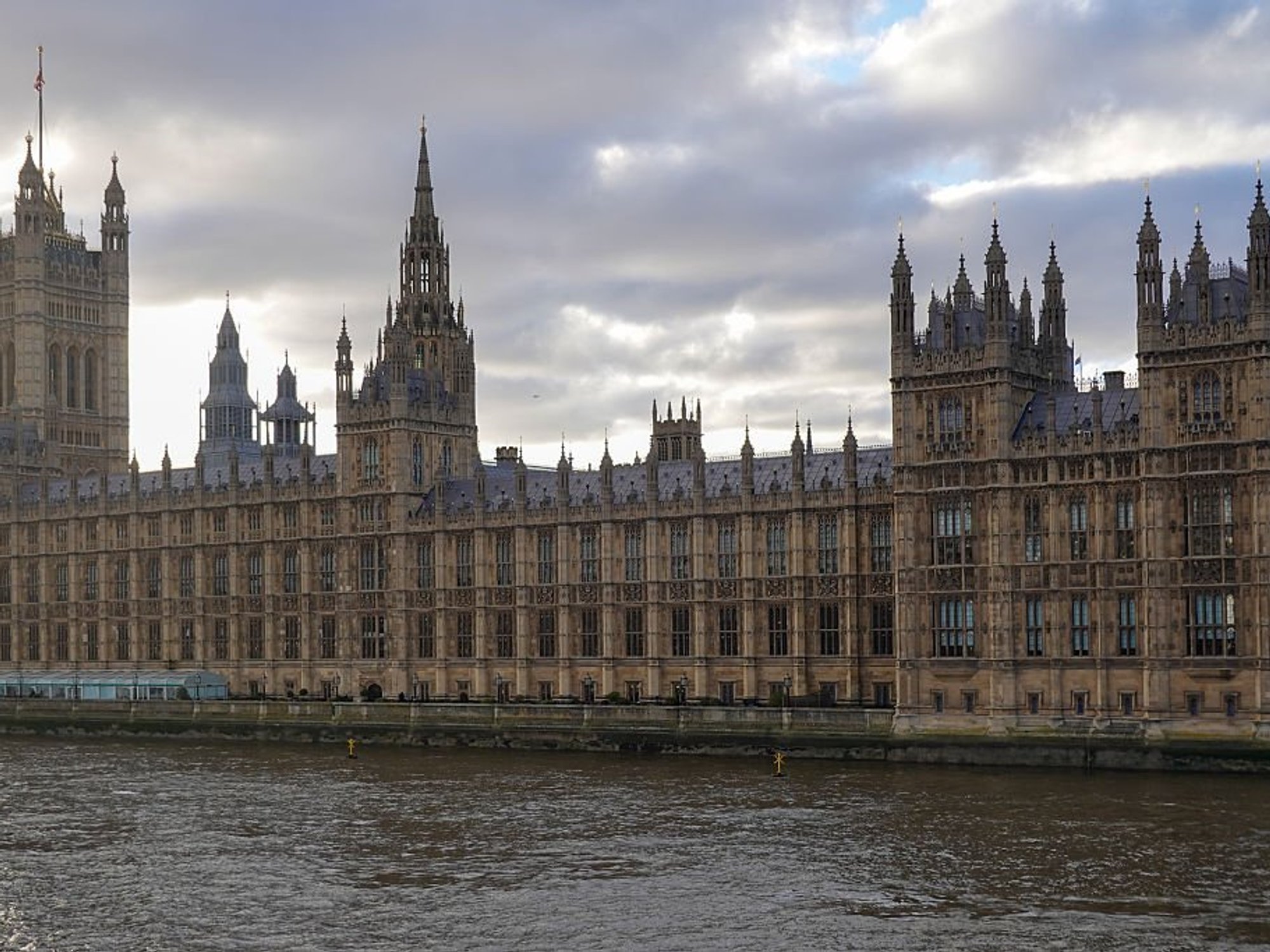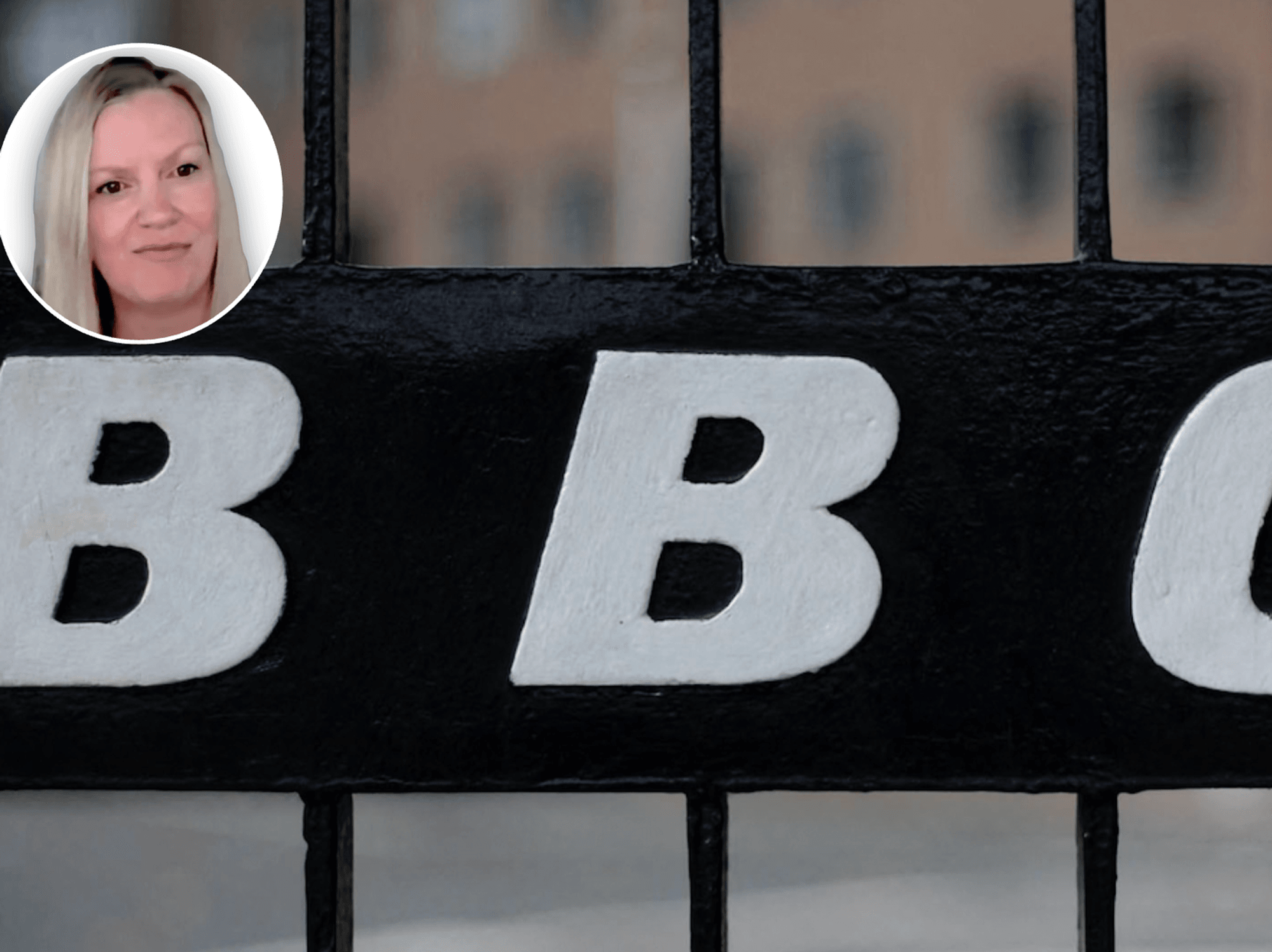Inheritance tax warning: Families issued wake-up call as they risk 'sleepwalking into substantial tax bills' - how to avoid

GBNEWS

Frozen thresholds and rising house prices are dragging more families into the inheritance tax net
Don't Miss
Most Read
Latest
Families are being warned they are "sleepwalking" into hefty inheritance tax bills as HMRC rakes in billions more from grieving households.
In just five months of this financial year, the Treasury has already collected £3.7 billion – £190 million more than in the same period last year.
The five per cent increase between April and August highlights how more estates are being dragged into paying the levy, as property and asset values rise while tax-free thresholds stay frozen.
Ian Dyall, head of estate planning at wealth management firm Evelyn Partners said: "The rise in receipts is not just a fiscal story, it’s a wake-up call. Many households are sleepwalking into substantial tax bills."
Experts say the surge is on track to make 2025/26 the fifth year in a row that inheritance tax hits record levels. The Office for Budget Responsibility expects the levy to raise £9.1 billion in total this year.
Chancellor Rachel Reeves has prolonged the suspension of nil-rate band adjustments until 2030, ensuring additional estates will face inheritance tax obligations for the first time.
The freeze compounds existing pressures from regulatory modifications set to take effect, including the incorporation of defined contribution pension funds into taxable estates from April 2027 and reduced reliefs for business and agricultural assets beginning April 2026.
Mr Dyall warned: "Without action on the part of families, the steady increase in estates and assets liable for IHT due to asset growth could turn into a surge once those rule changes go live."
Stephen Lowe, Director at retirement specialist Just Group, noted that inheritance tax appears increasingly likely to remain a Treasury priority.
"Given Inheritance Tax targets those who are wealthiest in society it's entirely possible that it will once more be in the Chancellor's sights," he said.
 Inheritance tax can be reduced by giving gifts - but rules do apply | GETTY
Inheritance tax can be reduced by giving gifts - but rules do apply | GETTYThe standard inheritance tax threshold has remained at £325,000 since 2009, whilst the residential property allowance of £175,000 for family homes passed to descendants hasn't changed since 2020.
Property values have climbed more than 27 per cent since the residential allowance last moved, according to Land Registry figures.
Meanwhile, inflation calculations indicate that assets worth £325,000 in 2009 would now be valued at over £523,000.
This erosion means the basic threshold retains only 62 per cent of its original purchasing power.
 The standard inheritance tax rate is 40 per cent above the £325,000 threshold, which many Britons are being pulled into paying | GETTY
The standard inheritance tax rate is 40 per cent above the £325,000 threshold, which many Britons are being pulled into paying | GETTYNicholas Hyett, investment manager at Wealth Club said: "These freezes are a stealth tax, which allows the government to increase its take without backlash from a headline-grabbing tax hike, but it still contributes to the highest tax burden in 70 years."
The combination of static thresholds and appreciating asset values continues pulling middle-income families into inheritance tax liability.
Speculation continues regarding potential inheritance tax changes in the upcoming Autumn Budget on November 26, with reports suggesting possible restrictions on lifetime gift exemptions or modifications to taper relief provisions.
Current regulations permit unlimited wealth transfers during one's lifetime without inheritance tax implications, provided the donor survives seven years following the gift. Transfers made within three to seven years of death qualify for reduced rates through taper relief.

Questions around the future of inheritance tax could encourage people to consider giving gifts during their lifetime while they know where they stand
| GETTYSarah Coles, head of personal finance at investment platform Hargreaves Lansdown said: "Questions around the future of inheritance tax could encourage people to consider giving gifts during their lifetime while they know where they stand.
"However, it's absolutely vital not to give money away that you can't afford to part with."
Annual gift allowances of £3,000 remain available without seven-year restrictions, whilst surplus income can be gifted tax-free if affordable after living expenses.
"Estate planning is complex and difficult, so many families may find it beneficial to seek professional financial advice," Mr Lowe advised.










